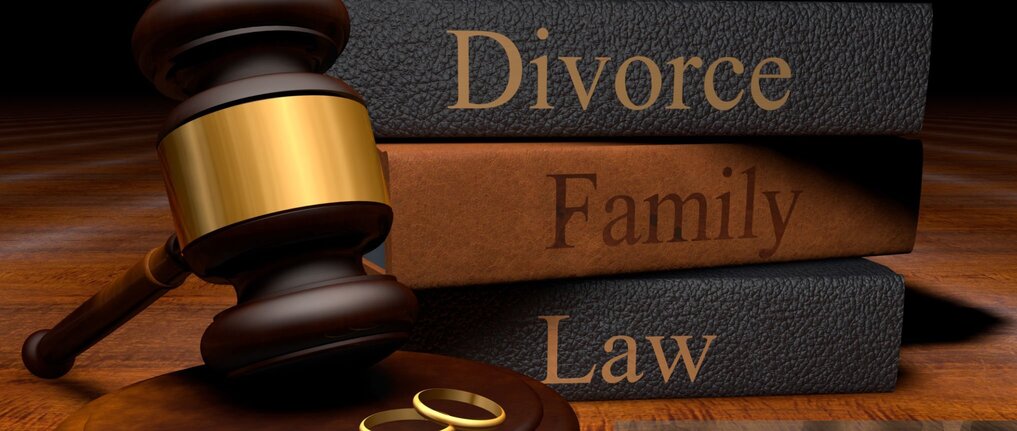When it is the end, either party in a marriage can file for a divorce. The person that does is called the ‘Petitioner’ and the other party, the ‘Respondent’. It often happens that both parties want to file for divorce and whilst both can do so, only one petition will succeed and which one it is, is decided by the court.
Before you file for a divorce, consider the following requirements.
Legal requirements
- You must have been married for at least one year
- Your relationship has broken down irretrievably
- Your marriage is legally recognised in the UK
- You must be either resident or domiciled in England or Wales
Documents required
- Your original marriage/civil partnership certificate
- Any other supporting documents such as change of name deed or anything relevant to the marriage
When you’re working with a solicitor, you will need to provide:
- Proof of your ID such as a passport or driving license
- Proof of address which needs to be dated within the last three month period
Details as to why the marriage broke down
The reasons for the breakdown of the marriage are very important as they will establish the ‘fact’ you can rely on to prove that the marriage has indeed ‘irretrievably broken down’. In most cases, this will not be so difficult to establish immediately however there are some cases where it can be. This is particularly in cases where a couple have simply drifted apart through no one’s fault in which case, certain time periods of separation have to be met before a petition can be filed at court.
You will need to provide basic information about the names and addresses of the concerned couple, details of any children and a statement that the marriage has permanently broken down. You will also state the basis of the petition, such as adultery or unreasonable behaviour.
Remember that
Do you have a valid marriage?
Most people understand that a civil marriage is one that registers the union in an official capacity. However, couples also enter into traditional ceremonies, blessings as well as religious ceremonies conducted in front of and by a chaplain. Remember that only your civil marriage is recognised in the UK whether this takes place in or outside the UK provided they conformed to the laws of the jurisdiction in which the marriage took place.



